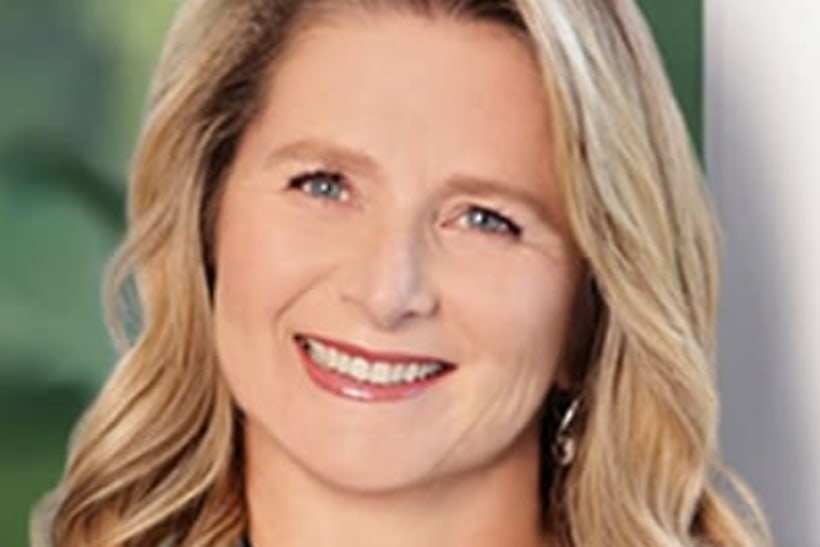
Women make up half of our population. But as financial advisers, improving our engagement with women is more than just doubling our prospective client pool; it's about embracing our inherent power to effect positive change within their lives.
In my years as a financial adviser, I’ve generally found women to be more cautious about money than men — often at the expense of higher investment returns.
They are also cautious in where they turn to for advice — trusting relatives and friends over licensed professionals. That too has significant risks, namely that the advice they receive is incomplete, untailored or just plain wrong.
Understanding women’s experiences of money, work and life are key to improving how we, as an industry engage with them.
Growing business presence
Women in business are a high-growth market, as more females take on senior leadership roles and embrace the benefits of entrepreneurship.
For instance, a 2015 government paper noted a 46 per cent rise in women business operators over the preceding two decades.
That means more income, more surplus cash for investment, and more need for advice.
Gender inequality
Australian women today earn on average 14.1 per cent less than men — a difference of $263.90 per week or 60 work days annually. That translates into less superannuation too.
Women also account for 70 per cent of primary carers — for children and elderly parents/in-laws, eating into their ability to sustain paid work (especially full time) and creating a bumpy path through working life.
Combined, these factors contribute to a belief they have less need for financial advice. (The irony being that with less resources and greater career instability, they’re actually more in need of advice.)
Relationships
Intimate relationships have a significant bearing on a woman’s earning capacity and ability to create wealth.
From the 2021 census, we know there are:
With these figures in mind, consider how catchphrases like ‘mum and dad investors’ and strategies geared entirely towards them have the power to alienate millions.
Homelessness
Women are fast becoming the new face of homelessness.
In FY21, 60 per cent of Australians seeking Specialist Homelessness Services were female. Among those aged 55+, 13,300 were women — well above the 10,600 men of the same age group.
The causes are likely numerous — including widowhood, divorce, domestic violence. Yet, I would bet that a lack of tailored financial advice played a part.
So how do we as an industry better engage with women?
I recently outlined some ideas for breaking down barriers for female advisers, and many of the same concepts ring true for female clients.
Yet perhaps the most important element of all is relevance. As an industry, we simply can’t engage with more women if we aren’t seen as relevant to them.
This means better understanding their financial goals and pressures. Developing more bespoke risk prevention strategies. Adapting our marketing approaches. Being more accessible and visible to women. Giving them materials to learn and share and grow.
Because the benefits to our clients, our businesses and our society are too big not to embrace.
Helen Baker, financial adviser and founder, On Your Own Two Feet

Neil is the Deputy Editor of the wealth titles, including ifa and InvestorDaily.
Neil is also the host of the ifa show podcast.
Never miss the stories that impact the industry.